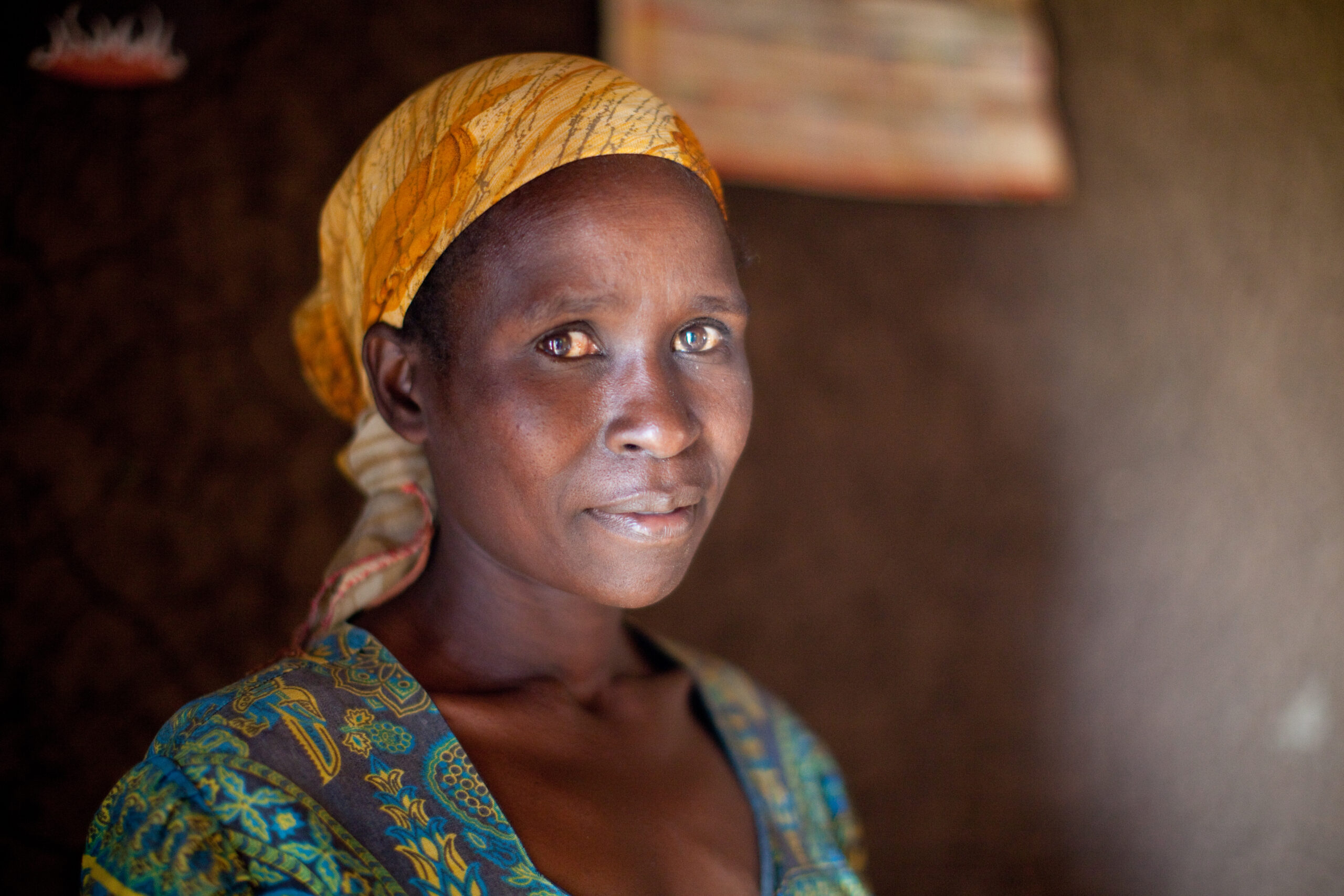Kenya
Through the implementation of their National Strategy For Prevention and Control Of NCD (2015-2020), Kenya has been working to align and coordinate the many NCD-related activities underway in the country and improve NCD care in the country. In March 2018, the Ministry of Health convened a broad group of stakeholders, including Access Accelerated and its partners NCD Alliance Kenya, the World Bank and PATH, among others to provide input on: (1) how to incorporate NCD priorities into health system strengthening efforts and (2) develop a core package of NCD services to be offered in an anticipated UHC system. This meeting, titled “Naivasha II”, represented a critical reengagement on the Kenya NCD Strategy that was developed at an initial “Naivasha I” meeting in 2014. The 2018 Naivasha II meeting instituted a broader and more collaborative multi-stakeholder engagement in NCD related policy development and comprehensive and innovative approaches to harness and synergize NCDs prevention and control at all levels of health care service delivery.
In December 2018, President Uhuru Kenyatta reaffirmed Kenya’s commitment to universal health coverage (UHC), with a pilot program launched in four counties, and now rolled out to all 47 counties beginning January 2020. The UHC benefits package includes full coverage for NCD conditions such as asthma, cancer, diabetes, hypertension, stroke and anemia. The government also created the NCD Inter-sectoral Coordinating Committee (NCD-ICC) to bring together technical expertise across sectors to drive implementation and identify cross-cutting issues. The ICC is led by the Director General Of Health in the Ministry Of Health, who serves as the chair, with Dr. Eva Njenga of the NCD Alliance Kenya, who serves as co-chair on behalf of non-state actors membership. Several technical working groups (TWGs) have also been established under the ICC including a supply chain TWG, monitoring and evaluation TWG and others.
The Ministry of Health NCD department has been actively engaged with the Coalition since its launch in 2017. Prior to the Coalition’s launch, the No Empty Shelves project, led by PATH and supported by Novo Nordisk, was conducted in Kenya and Senegal. The previous Kenya MOH NCD Lead, Dr. Joseph Kibachio, contributed to this important work as the Co-PI of the study, served on the No Empty Shelves Global Technical Advisory Committee, and also represented the Government sector on the Coalition’s Steering Committee. The aim of the No Empty Shelves project was to assess access barriers to NCD medicines and products. Throughout this extensive assessment, 22 medicines and health products were tracked across 77 facilities and over 59 interviews were conducted. Through this work, a number of critical health system, supply chain, finance, and advocacy barriers, which impact access and affordability to NCD medicines and products, were identified. Kenya MOH has signed an agreement with the Coalition in support of addressing supply security for NCD medicines and products in Kenya. This work also served as the foundation for the launch of the Coalition for Access to NCD Medicines and Products. Dr. Waqo D. Ejersa, MOH Department Of NCD Lead, now serves as the MOH representative for Kenya on the Coalition. Dr Irene Weru from Kenyatta National Hospital sits on the Coalition’s Demand Forecasting Technical Working Group. Through the Coalition, a demand forecasting model for NCD medicines and products will be piloted in Kenya in 2020.
The NCD Alliance of Kenya (NCDAK) seeks to comprehensively and sustainably address the rising prevalence of NCDs in the country by acting as a coordinating and strengthening body for comprehensive and synergistic national action on NCDs, and liaises with the Government of Kenya, including County Government actors. Together with the NCD Alliance, NCDAK has developed the advocacy agenda of People living with NCDs (PLWNCDs) in Kenya.

